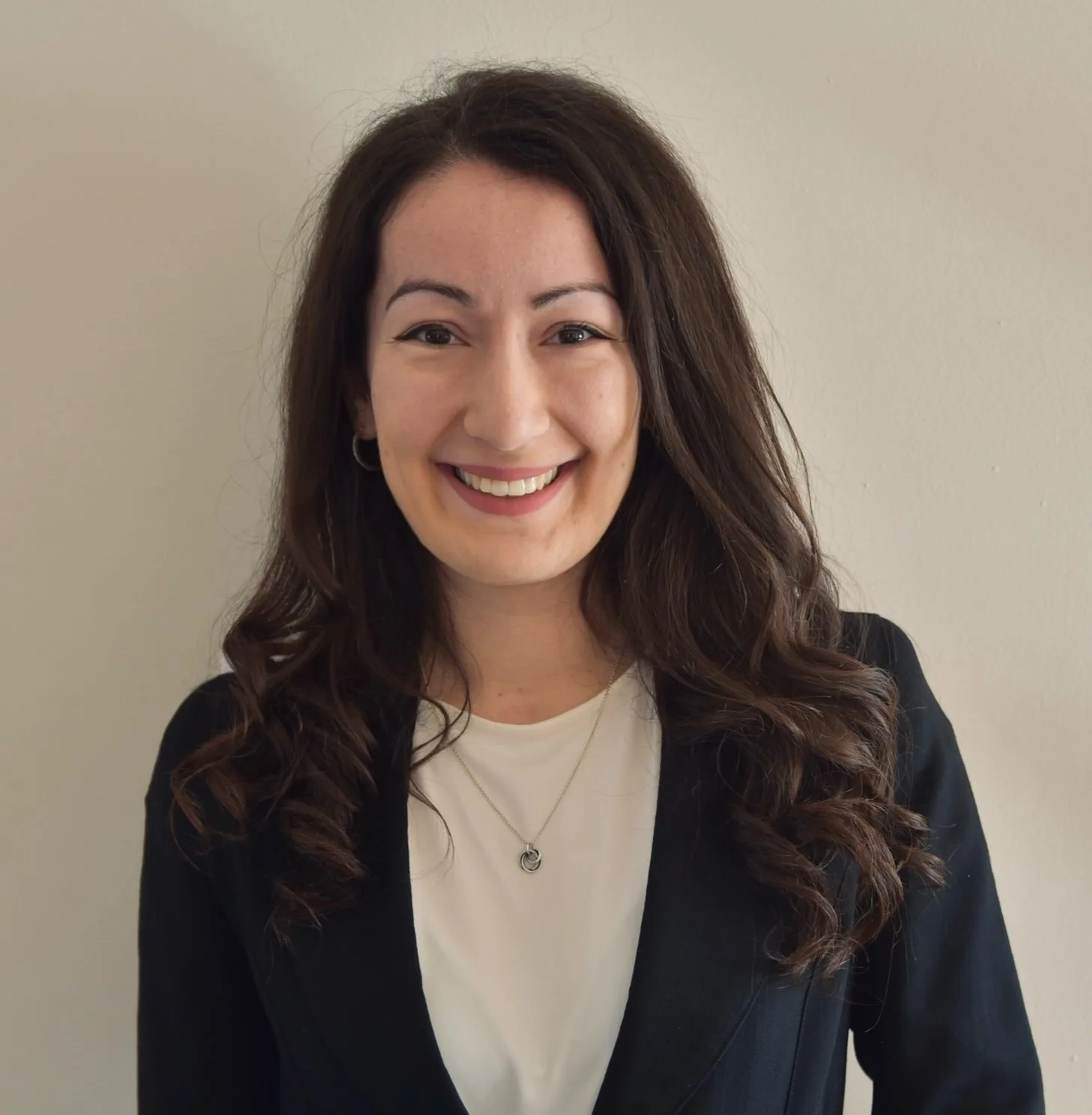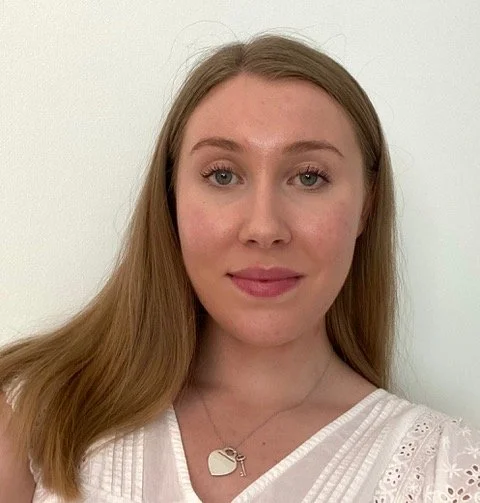Our team
Honorary Consultant Neurologist, Clinician Scientist
Dr. Fatemeh Geranmayeh
Fatemeh is an accredited Neurologist and a Principal Investigator at Imperial College London. Her research examines the neural mechanisms involved in recovery of language and cognitive function after cerebrovascular disease. She runs a specialist post-stroke cognitive clinic at Imperial College Healthcare NHS Trust for patients with cognitive and language disorders following stroke.
Postdoctoral Research Associate
Dr. Dragos Gruia
Dragos is responsible with the design and programming of the digital monitoring technology, as well as with the cleaning and analysis of the resultant clinical data. Prior to becoming a research associate, Dragos’ PhD focused on developing digital biomarkers for recovery post-stroke . He hopes that through his research he can improve the quality of care offered by the NHS.
Research Assistant
Andra Braban
Andra is currently in her final year of medical school at the University of Edinburgh and is actively involved in neuroimaging data analysis, focusing on the relationship between brain microstructure and cognitive outcomes following stroke. She previously completed an MSc in Translational Neuroscience at Imperial College London. With a strong interest in neurology and clinical research, she aims to identify predictors of post-stroke cognitive recovery to help improve long-term cognitive outcomes for stroke survivors.
Speech and Language Therapist
Sophie Brook
Sophie is a full-time speech and language therapist working in the community in mainstream and special schools. She has been contributing to the IC3 study's progress from early on in its inception, working on transcribing complex aphasic speech from language tasks in the IC3 study and training new batches of students to do the same. In addition, Sophie has spearheaded the marking protocol for speech tasks that involve single word responses. Sophie hopes that her contributions to research will benefit the assessment and clinical intervention for stroke survivors with special interest in their language recovery and quality of life post-stroke.
PhD Candidate
Giulia Sanguedolce
Giulia’s work spans both the Brain Sciences and Electrical Engineering departments. She wants to improve the pathological speech conditions after stroke by building an Automatic Speech Recognition tool for patients. Her aim is to increase the quality of the diagnosis and monitoring of aphasic patients as to provide them a better recovery. She previously obtained an MSc in Cognitive Science of Language, focusing her studies on speech disorders. Giulia wishes that her research will help with early detection of clinical conditions that affect the ability to communicate, improving the general quality of patients lives.
Research Assistant
Niamh Parkinson
Niamh is a Research Assistant for the IC3 study. Her role involves following up with patients after stroke to monitor their cognitive recovery over time as part of the study’s data collection. She holds an MSc in Cognitive Neuroscience and has a strong interest in neuropsychology.
Phd Candidate
Tim Fung
After completing an MSc in Dementia Neuroscience, Tim is now focused on analysing blood samples from the IC3 study to investigate how blood biomarkers might help predict cognitive outcomes following stroke. His research aims to better understand why cognitive recovery varies so widely after stroke and to further explore the connection between stroke and the onset of dementia. Ultimately, Tim hopes to identify a specific biomarker linked to the development of vascular dementia in particular, distinguishing it from other dementia subtypes.








